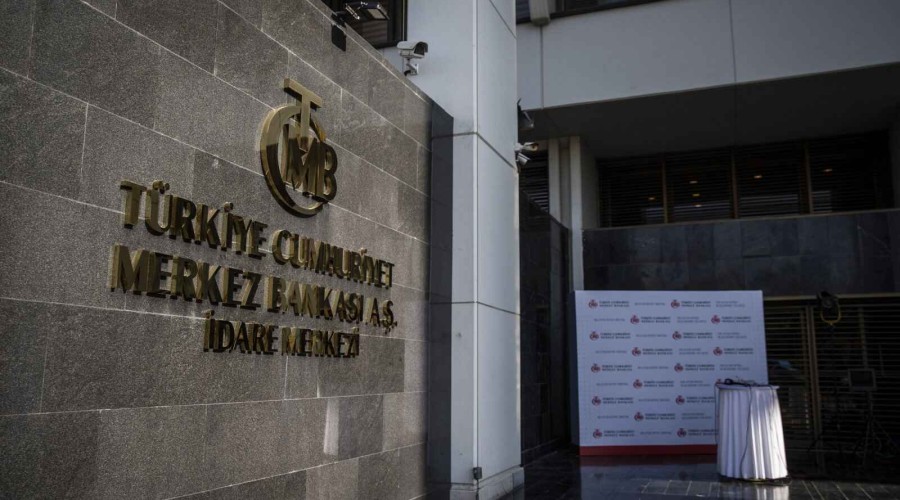Turkish central bank keeps rates steady as govt vows to curb prices
Turkey’s annual consumer price index (CPI) jumped more than expected to a two-decade high of 54.4% in February

Turkey’s central bank kept its interest rates steady for a third consecutive month on Thursday, in line with market expectations, while the government reiterated its determination to curb rising prices.
Qazet.az reports that the move comes amid the Ukraine conflict and soaring energy prices that are set to put further pressure on domestic inflation.
The Central Bank of the Republic of Turkey (CBRT) on Thursday acknowledged that the recent rise in inflation was in part “driven by rising energy costs resulting from the heightened regional conflict.”
Turkey’s annual consumer price index (CPI) jumped more than expected to a two-decade high of 54.4% in February, according to official data.
Surveys had expected the central bank, led by Governor Şahap Kavcoğlu, to hold the benchmark one-week repo rate at 14%, where it was set in December.
In a statement following the Monetary Policy Committee (MPC) meeting, the bank pointed to the upward trend in inflation driven by high energy costs, rise in commodity prices, supply constraints, and demand developments.
Disinflation to begin
It reiterated, however, that it “expects [the] disinflation process to start on the back of measures taken and decisively pursued for sustainable price and financial stability along with the decline in inflation owing to the base effect and the resolution of the ongoing regional conflict.”
The bank said it was closely monitoring current account risks due to energy prices.
The bank also continues a review of the policy framework with the aim of encouraging “permanent and strengthened liraization in all its policy tools,” it said.
The monetary authority paused an easing cycle in January after it had cut the benchmark policy rate by 500 basis points since September last year. All 18 respondents in a Reuters poll predicted no policy change and most expected the one-week repo rate to remain through year-end.
The easing had come as the government endorsed a new economic program that prioritizes low borrowing costs, a current account surplus, growth, exports, credit and employment.
